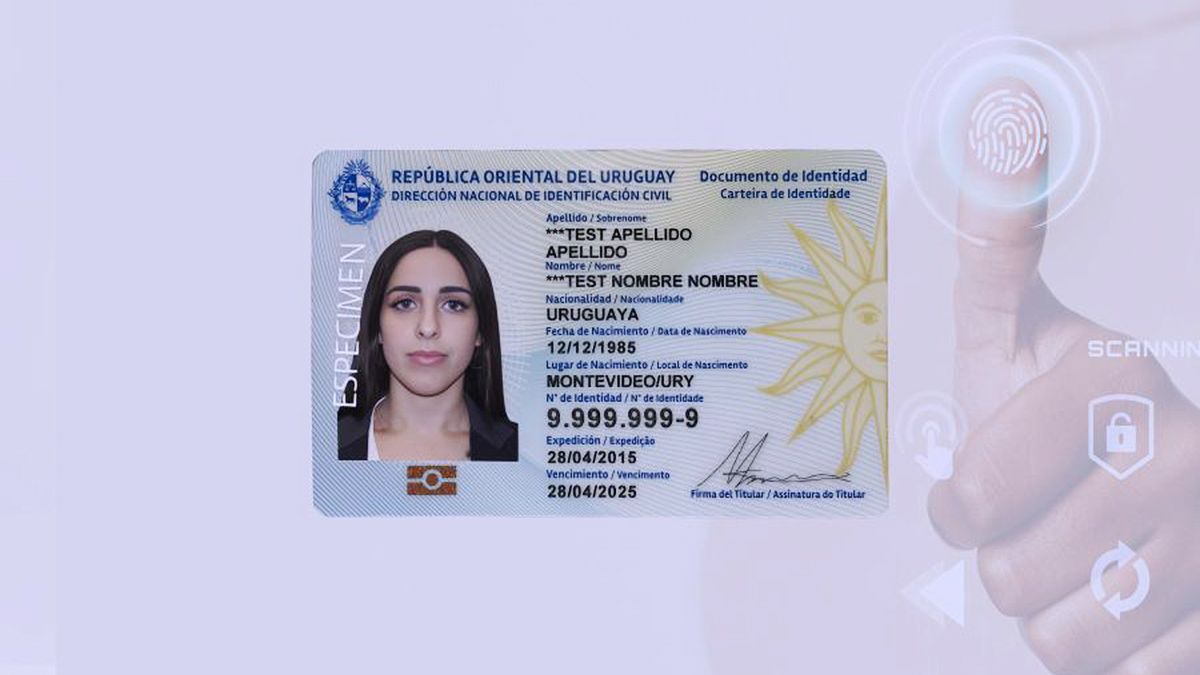The Chancellery and the Ministry of the Interior approved a decree for the creation of the legal figure of “residence by roots.”
He Ministry of Interior with him Ministry of Foreign Affairs (MRREE) approved a decree by which the figure of “residence by roots”which will allow resolving the immigration situation of some 20,000 foreign residents who are irregularly in the country.
The content you want to access is exclusive to subscribers.
The regulations are intended to provide a solution to those people who enter the Uruguay as refugee applicants, but who do not meet the conditions to be so.


According to a statement from the MRREE, this is a “transcendental” step to address the situation of thousands of migrants who arrive in the national territory as potential refugees, and then remain waiting for a resolution that in most cases is negative. , for breach of conditions.
When this happens, people who are rejected or resign from the refuge institute, and who due to their origin require a visa to enter the Uruguaysettle irregularly in the country, and without a legal figure that allows them to resolve their situation, also preventing any family reunification.
This approved decree, which bears the signature of the President of the Republic, Luis Lacalle Pouas well as chancellor Omar Paganini and the Minister of the Interior, Nicolás Martinellicomes to provide a legal solution to this situation by establishing on an exceptional basis the possibility of accessing a residence based on the “rooting” of the person in question.
The three types of residences provided for in the decree
The decree provides for three types of residence: for work roots or self-employment (permanent); by family roots (permanent); and by roots for training (temporary renewable).
Currently, the Refugee Commission (CORE), the body in charge of processing refugee applications, has more than 24,000 pending applications, mostly from citizens of Cuban origin.
Source: Ambito




